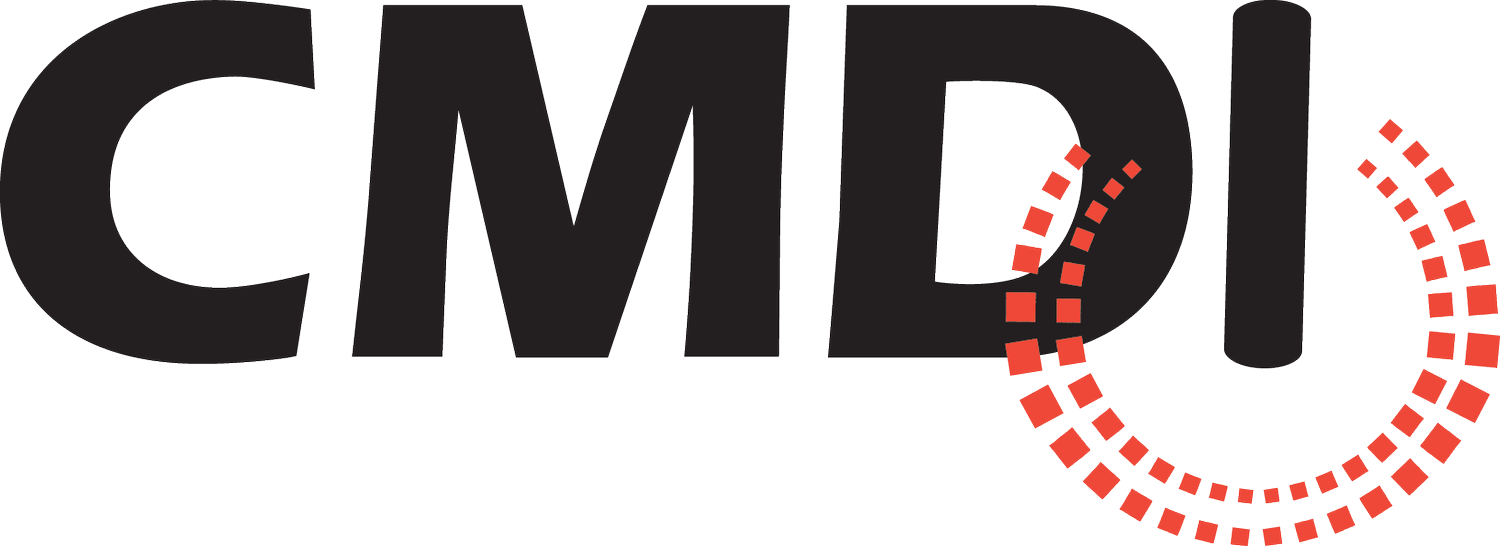Is donating via email the future of political fundraising?
What if you could send money through email... for the price of an email?
 Now you can. Square has launched their Square Cash service which, at first glance, appears to be all kinds of awesome.Square Cash promises the ability to move money between friends with only an email... at no cost. This could be one of the last nails in the personal check coffin.The real question for us is whether or not this disruptive technology will be applicable to political fundraising.So what is all the fuss about? Lets say you owe your buddy Otto $10 for lunch.
Now you can. Square has launched their Square Cash service which, at first glance, appears to be all kinds of awesome.Square Cash promises the ability to move money between friends with only an email... at no cost. This could be one of the last nails in the personal check coffin.The real question for us is whether or not this disruptive technology will be applicable to political fundraising.So what is all the fuss about? Lets say you owe your buddy Otto $10 for lunch.
 First you create an email with Otto's address in the "To" field.
First you create an email with Otto's address in the "To" field.- In the CC field you add "cash@square.com."
- In the subject field you put the amount of money you want to send, which is "$10.00."
Send! If you and Otto have used Square Cash in the past, the money will move from your account to Otto's account within the next day or two. When I tried it, the funds were transferred within a few hours.If this is your first time using Square Cash, Square will reply to your email with a request for you to enter your debit card information (Visa or Mastercard only). It took me all of about 20 seconds to enter my debit card number, expiration date and zip code.The first time Otto receives funds through Square Cash, he will receive 2 emails. He will get your email and an email from Square. Square's email requests that Otto enters his debit-card information.Once your and Otto's debit-card info is verified by Square, the fund transfer takes place.
Can Square Cash work for political fundraising?
It looks like Square may have the magic bullet for removing the friction for online transactions. Considering that almost everyone born after 1933 is familiar with using email and 91% of us are within arm's reach of our mobile devices 24/7, Square Cash has almost zero learning curve and can be done from anywhere (with a cellular connection).Will Square Cash make online fundraising forms, text-to-donate, one-click and check writing obsolete?According to the Square Cash User Agreement, Square is only marketing Square Cash for person-to-person transactions, not for purchases from merchants.
The Service is a person-to-person payment service. It may not be used for (i) commercial payments or (ii) payments that are otherwise illegal under applicable law...
This puts political organizations and non-profits in a grey area. When people donate, they are not purchasing goods, which makes the risk of fraud much lower. Will Square allow their system to be used for political donations?It makes sense that they would as long as it doesn't incur excessive support costs. Remember that Square is not charging for the Square Cash service so they have to be very careful about managing the services' costs.Should political committees be able to use a Square Cash type service, their primary concern should be how they manage the collection of donor information for FEC and state election committee filings.
Awesomeness:
- Square Cash uses email as it's interface so users don't have to learn how to do anything new.
- You don't need URLs, login user names, apps, account numbers or passwords.
- Square never acts as an aggregator and doesn't take possession of your funds. Money moves between your and your buddy's bank accounts with no intermediary.
- Its FREE. Talk about a very disruptive offering. Some banks still charge to process checks. Square Cash will knock the legs out of that pricing model.
Not so awesome:
- If someone gets hold of your phone or computer, they have access to your debit account. Watch out, those of you with teenagers.
- Square Cash doesn't protect you from fraud. If fraud does occur, then they can only reverse the transaction. This doesn't do you much good if the fraudster has swept their bank account and your money is long gone.
- Email systems are easily hacked or spoofed. I'd really like to learn more about Square's security processes.
- Square Cash only can transfer up to $250 a week. If you want to raise your transaction limit to $2,500, you have to give them some of your personal information such as your Facebook credentials, or provide your full name, date of birth, and the last four digits of your Social Security number.
